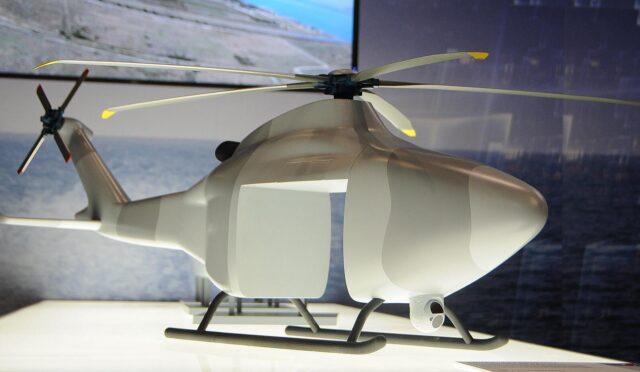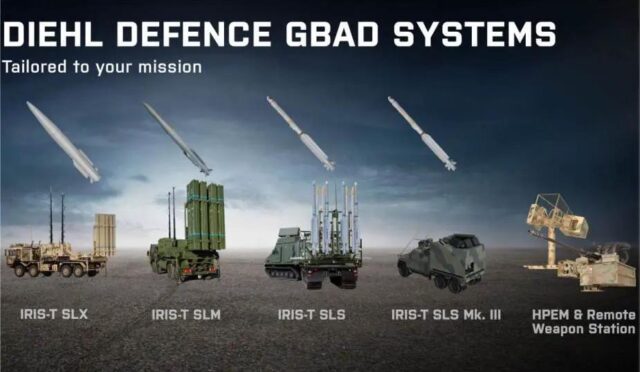Germany’s Military Procurement Efforts Amidst Rising Tensions
Germany’s military is on a tight deadline to secure essential equipment aimed at countering potential Russian threats to NATO territory. The urgent need for upgrades was underscored by Annette Lehnigk-Emden, the head of military procurement, who stated that the German armed forces must complete their acquisitions by the year 2028. This initiative comes in response to the increased defense spending spurred by Russia’s invasion of Ukraine in 2022.
As support for military enhancements grows within Germany, the call for elevated defense budgets has garnered backing from the United States, which has been urging NATO members to step up their financial contributions. With defense spending now a critical focus on the political agenda, Lehnigk-Emden’s statements reflect a significant shift in Germany’s defense policy.
Concerns Over Russian Military Capabilities
General Carsten Breuer, Germany’s Chief of Defence, has echoed these sentiments, warning that Russia could be preparing for a substantial military assault on NATO territories as early as 2029. Breuer pointed out a concerning increase in Russian military assets, particularly a stockpile of ammunition and tanks, which could be indicative of a planned offensive towards the Baltic states.
This growing threat has prompted a re-evaluation of Germany’s military readiness and capabilities, illustrating the need for a robust response to any potential aggression from Russia.
Government Commitment to Defense Spending
Lehnigk-Emden noted that the new government under Chancellor Friedrich Merz is taking proactive steps to strengthen Germany’s military. They have committed hundreds of billions of euros specifically for defense upgrades, prioritizing the acquisition of heavy military equipment, including advanced Skyranger anti-aircraft tanks.
Under Merz’s leadership, rearmament has become a central tenet of his coalition government, who aim to forge “the most powerful conventional army in Europe.
Continuity in Defense Production Initiatives
It is important to highlight that the groundwork for modernizing the military has already been laid by former Chancellor Olaf Scholz. Following the outbreak of the conflict in Ukraine, Scholz initiated several defense reforms, paving the way for the current procurement efforts.
As such, the rearmament process seems to be part of a broader strategic overhaul designed to safeguard Germany and its NATO allies amidst escalating threats.
Call for Increased NATO Contributions
This year, increased pressures have emerged from the United States, with President Donald Trump vocally advocating for NATO allies to boost their defense investments from the current two percent of GDP to a target of five percent. This call for amplified spending aligns with the changing geopolitical landscape and ensures that NATO countries are better positioned to respond to threats.
In light of these developments, Germany is not alone in reconsidering its military spending; rather, it is part of a larger alliance that is adapting to the heightened risks posed by external aggressions.
Manpower Needs for an Expanding Military
In tandem with equipment acquisitions, Germany’s military leadership has recognized the necessity for increased personnel. Defense Minister Boris Pistorius recently announced that the armed forces will require an additional 50,000 to 60,000 soldiers over the next few years to meet NATO’s growing defense demands.
Currently, the German army comprises over 180,000 personnel, with a strategic goal of expanding this number to exceed 203,000 by 2031.
Strategic Outlook for Germany’s Military
Germany finds itself at a crucial juncture, where it must balance immediate procurement needs with long-term strategic planning. As the nation aims to enhance its military capabilities significantly, it ensures that its armed forces are well prepared to tackle potential threats.
By focusing on both equipment and manpower, Germany is not just fortifying its own defense but also reinforcing NATO’s collective security, sending a strong signal about its commitment to regional stability.
Implications for European Defense Cooperation
As Germany moves ahead with these military enhancements, the implications extend beyond national defense. It signals a shift in Europe’s defense posture, with Germany stepping up as a key player in regional security dynamics.
The potential for increased collaboration among NATO allies could emerge as member nations look to strengthen collective capabilities amidst rising tensions from Russia.
Conclusion: A New Era for German Defense
In conclusion, Germany’s commitment to expediting military procurement and enhancing defense readiness illustrates a pivotal shift in its security strategy, particularly in response to the evolving threat landscape presented by Russia.
As the nation strives to modernize its military over the next few years, the outcomes of these efforts will be closely observed both within Europe and by the global community.







